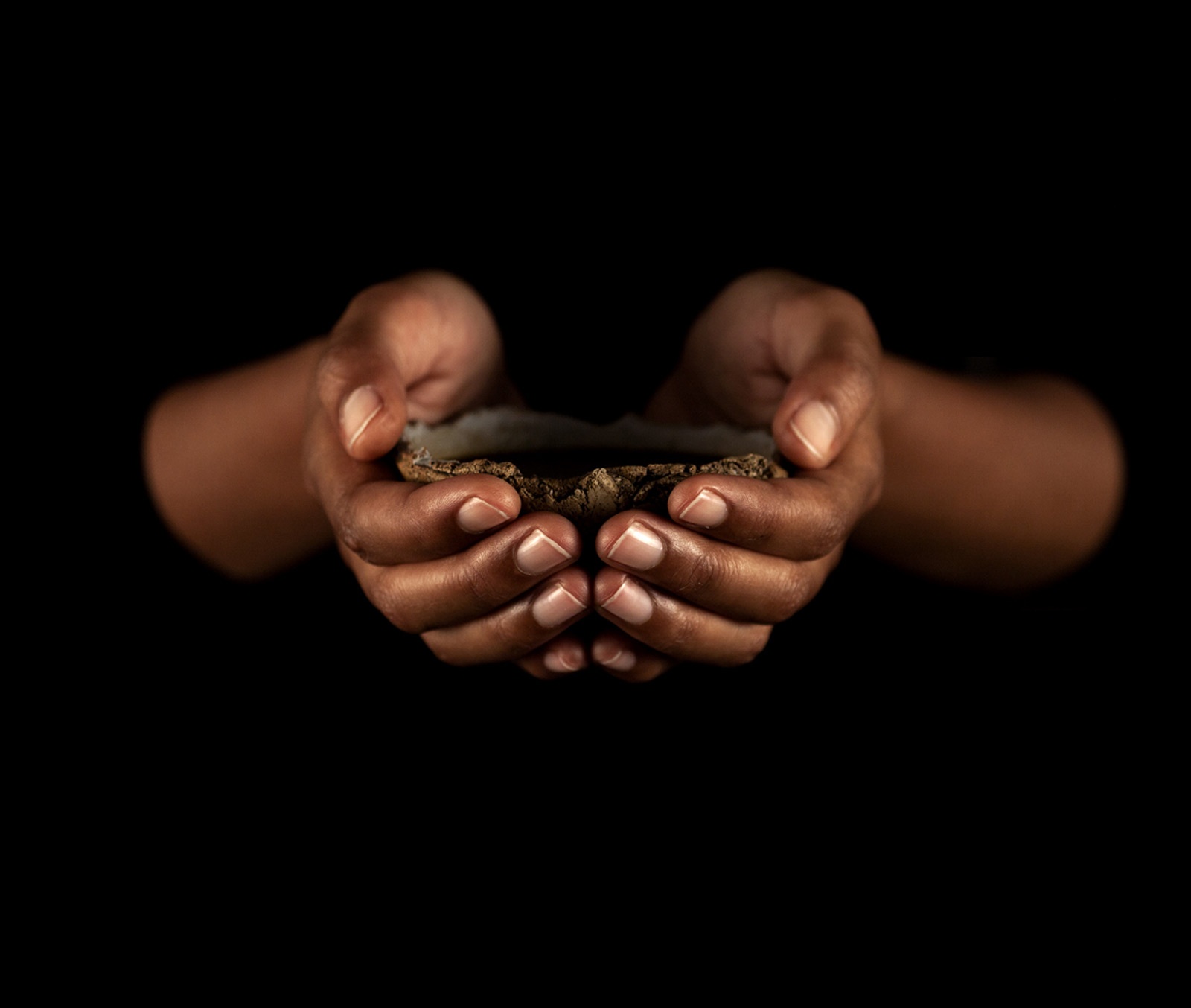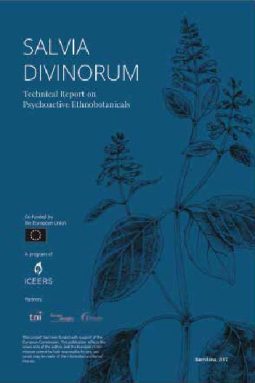International status
In recent years, the international drug control framework has been increasingly questioned and we have experienced an opening of the corresponding debate as to whether the prohibition and severe drug policies centered on repression, stigmatization and criminalization are the most appropriate to manage the challenges associated with psychoactive substances.
In many parts of the world, legal and public policy alternatives are being sought to overcome the unwanted consequences of prohibition and models of liberalization and regulation are being contemplated, particularly with cannabis. However, the plants used in indigenous and traditional societies since time immemorial, and more specifically ayahuasca, are experiencing growing repression.
Although dimethyltryptamine (DMT), mescaline, psilocybin and other psychoactive compounds present in traditional plant-based materials are scheduled under the UN Convention on Psychotropic Substances of 1971, according to the INCB none of these plants, nor concoctions that them, currently fall under international control (in practice, this has been differently interpreted by judges in each State – please see the ADF National Legal Status section). The Board adds that countries may have chosen to schedule ayahuasca at the national level.
The same counts for cacti containing mescaline, mushrooms containing psilocybin, etc. Although only a few countries have explicitly prohibited some of these materials, such as France, in most states they exist in a legal limbo that exposes people who import, organize ceremonies and use these ethnobotanicals to significant legal uncertainty. Since the 90s, and more intensely since 2010 when the first ‘social alarm’ instigated by the INCB appeared in its Annual Report, there have been arrests and prosecutions in many parts of the world for activities related to these practices.
United Nations Conventions: 1961
The Single Convention requires signing states to submit to a series of measures controlling plants that are the sources of narcotics: cannabis plant, coca bush, and opium poppy. No other plant is subject to similar international control.
United Nations Conventions: 1971
No plant is subject to international control under the Convention on Psychotropic Substances of 1971. However, the treaty does list certain active ingredients with hallucinogenic properties and stimulants contained in some plant species. This is the case with mescaline, present in peyote and San Pedro cactus, with psilocybin and psilocin, present in psilocybe mushrooms, with cathoine, present in khat, with THC, present in cannabis, and with DMT, present in P. viridis, among others.
The majority of the substances found in Schedule I of the 1971 Convention require especially strict control measures, and include substances considered a particularly grave threat to health, without therapeutic value. Schedule I also contains substances of synthetic origin such as LSD or MDMA. States should limit the production, distribution, and consumption of Schedule I substances to strictly medical and scientific purposes (Art. 7).
The traditional uses of plants that contain listed psychoactive ingredients are exempt from the Convention, insofar as they are limited to certain groups and territories and unique cultural forms. These traditional uses are still subject to a series of conditions.
The Convention permits traditional usages of its listed controlled substances only by traditional groups in geographically limited areas, in ceremonies or rituals, and if the state they are in made a reservation. Any use outside of these narrow conditions is not permitted. States that wanted protect traditional usages must have made a reservation for plants containing psychotropic substances that grow wild in their territory and “have been used traditionally by certain small, clearly determined groups in magical or religious rites” (Art. 32.4) at the moment of signing the Convention.
Certain states did submit reservations for traditional use at the moment of signing. Among them are Mexico (for the traditional use of all native plants that contain Schedule I substances), Peru (for ayahuasca and San Pedro), the U.S. (for peyote grown and used by the Native American Church) and Canada (for peyote). You can view the complete text of these reservations on the UN page dedicated to the 1971 Convention.
United Nations Conventions: 1988
Just like the 1971 Convention, the 1988 UN Convention Against Illegal Trafficking of Narcotics and Psychotropic Substances subjects no plants to international control. But it does contain certain provisions that affect the legal status of plants containing psychotropic substances. Among those provisions is one stating that states parties should adopt suitable measures to eliminate the illicit cultivation of plants that contain narcotics or psychotropic substances, while respecting fundamental human rights, taking into consideration traditional legal uses, and respecting historical evidence and environmental protections (Art. 14.2). To the requirements established in the 1971 Convention, the 1988 Convention adds the requirement to document “historic evidence” of traditional use of the plant in question so that it is not affected by measures to eliminate illegal cultivation.
Relevant documents to download
Hoasca 1971 Convention Legal Brief
UN Declaration on the Rights of Indigenous Peoples
TNI/ICEERS Ayahuasca Policy Report
ICEERS Technical Report on Ayahuasca
Plantaforma Ayahuasca Report Spain (Spanish)
Declaration of Principles of the Religious Groups who consume the Tea Hoasca
Categories:
NEWS
, Ayahuasca
, ADF
Tags:
legality
, ayahuasca
, Ayahuasca Defense Fund


